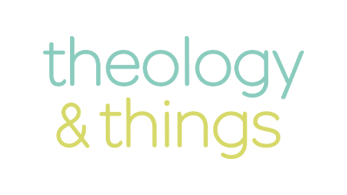When Jesus says “…it is easier for a camel to go through the eye of a needle than for someone who is rich to enter the kingdom of God,” (Matthew 19:24), he is clearly using hyperbole (over-statement) to make a point. This was a common teaching technique among Jewish teachers in the ancient world. Another instance when Jesus uses this same technique is his teaching to “cut off your hand” or “pluck out your eye” if it causes you to sin (Matthew 5:29-30).
That said, every instance of hyperbole in Jesus’ teachings does have a literal point behind it. In this case, Jesus’ point is that wealth and riches have the power to lead one away from dependence upon God, and thus away from “heaven.”
In another instance when Jesus teaches on possessions and riches he says: “Therefore, seek first the Kingdom of God, and everything else that you need will be given to you by God” (Matthew 6:33). When we read all of the New Testament teachings on wealth in the wider biblical context, we find that God’s concern is what priority we give to wealth, and whether we allow riches to become an idol in our lives.
Here is how the Apostle Paul summarizes it: “As for those who in the present age are rich, command them not to be haughty, or to set their hopes on the uncertainty of riches, but rather on God who richly provides us with everything for our enjoyment. They are to do good, to be rich in good works, generous, and ready to share, thus storing up for themselves the treasure of a good foundation for the future, so that they may take hold of the life that really is life” (I Timothy 6:17-19).

